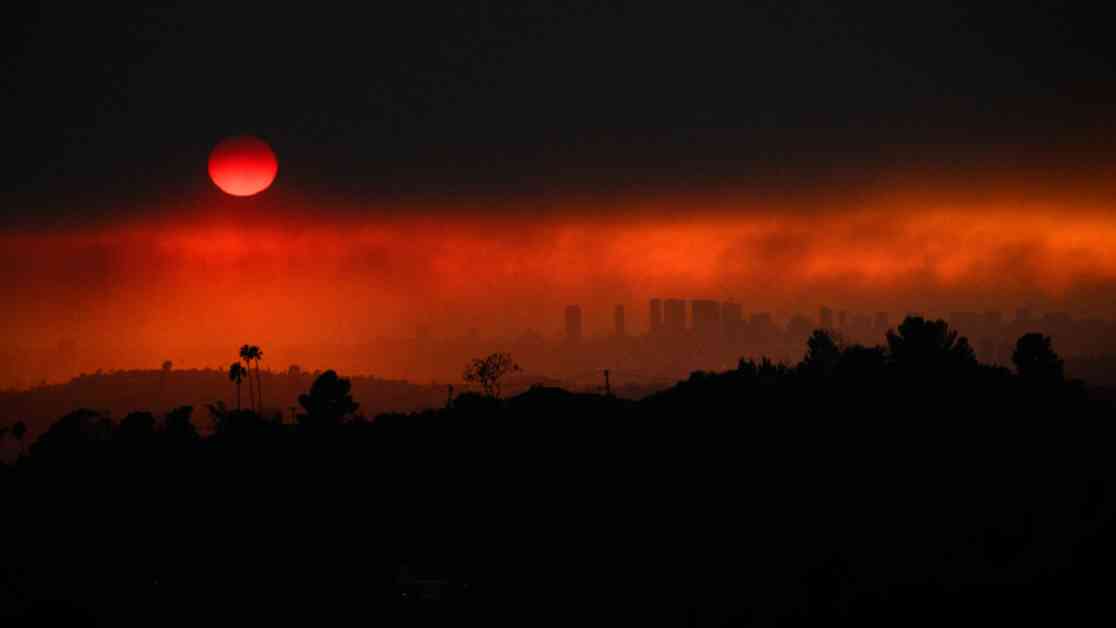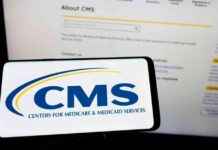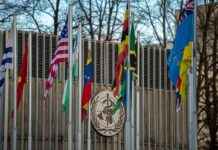The Impact of Wildfires on Long-Term Health: Risks and Effects
The wildfires ravaging Los Angeles have left devastation in their wake, claiming lives, displacing thousands, and shrouding the region in toxic smoke. As warnings of more “fire weather ahead” loom, the health effects of these infernos remain a pressing concern.
The Santa Ana winds, wildfires, and health
A recent study linked over 52,000 premature deaths to chronic exposure to wildfire smoke, highlighting the dangers of particulate matter. Additionally, a report revealed a staggering 76% surge in childhood asthma exacerbations following a 2018 California wildfire. Alarmingly, these health impacts disproportionately affect communities of color, compounding the already dire situation.
A Med School Readout on Enrollment, Post-SCOTUS Race in Admissions Ruling
The aftermath of the Supreme Court’s ban on considering race in medical school admissions has led to a decline in enrollment for students of color. Concerns about the lack of diversity in medical school classes and its potential impact on the healthcare workforce have been validated by recent data. Advocates emphasize the importance of holistic admissions processes to preserve diversity in medical education and address racial health disparities.
First Opinion: The Trump Administration must continue emerging disease threat surveillance
Former FDA commissioners stress the necessity of maintaining funding for health surveillance initiatives, particularly in the face of emerging biological threats like H5N1 bird flu. Public health investments are crucial for national security, given the risks posed by rogue states’ biological weapons programs. A robust system for early threat detection is essential to safeguard the population against such dangers.
Racism and Blood Pressure Might Be Linked
A new study suggests a potential link between gender-based racism and postpartum hypertension. Microaggressions experienced during healthcare interactions, especially by minority women, could contribute to elevated blood pressure levels. While the findings are promising, the study’s limitations in tracking participants’ pre-pregnancy health data underscore the need for further research in this area.
There are More Orphans in the U.S.
The opioid crisis and the COVID-19 pandemic have led to a concerning rise in orphanhood in the United States. Research shows a 50% increase in the number of children who have lost primary caregivers since 2000, with higher rates observed in southern and Midwestern states. Public health officials are urged to address orphanhood as a pressing public health crisis, acknowledging the emotional toll it takes on affected children.
As we grapple with the aftermath of wildfires, it’s essential to consider the long-term health implications and the need for proactive measures to mitigate their impact. From addressing racial disparities in medical education to monitoring emerging disease threats, prioritizing public health initiatives is crucial to safeguarding our communities. Let’s stay informed, vigilant, and compassionate in navigating these complex health challenges together.

















